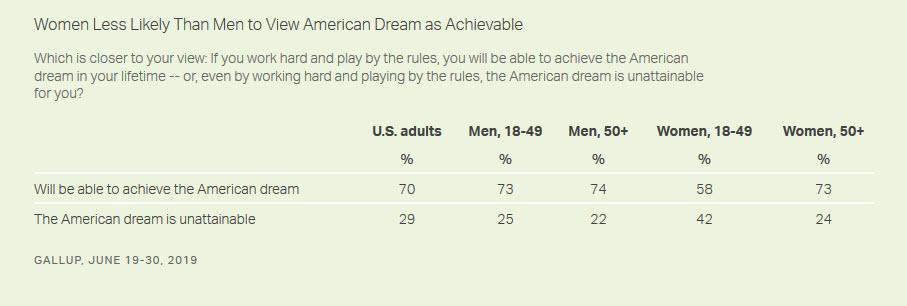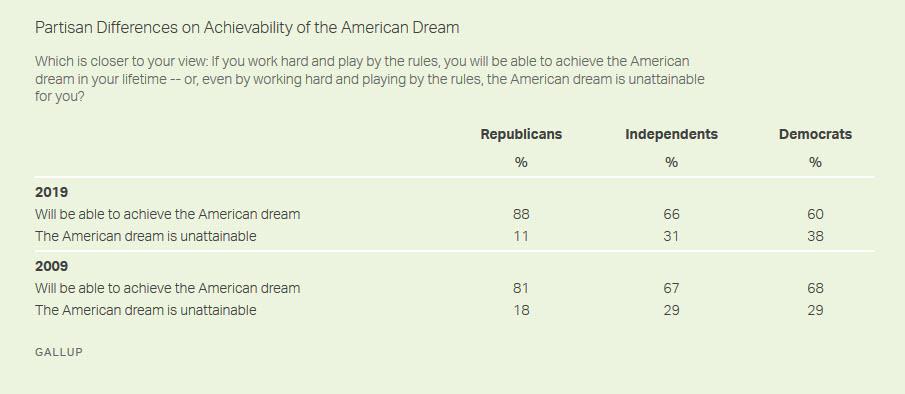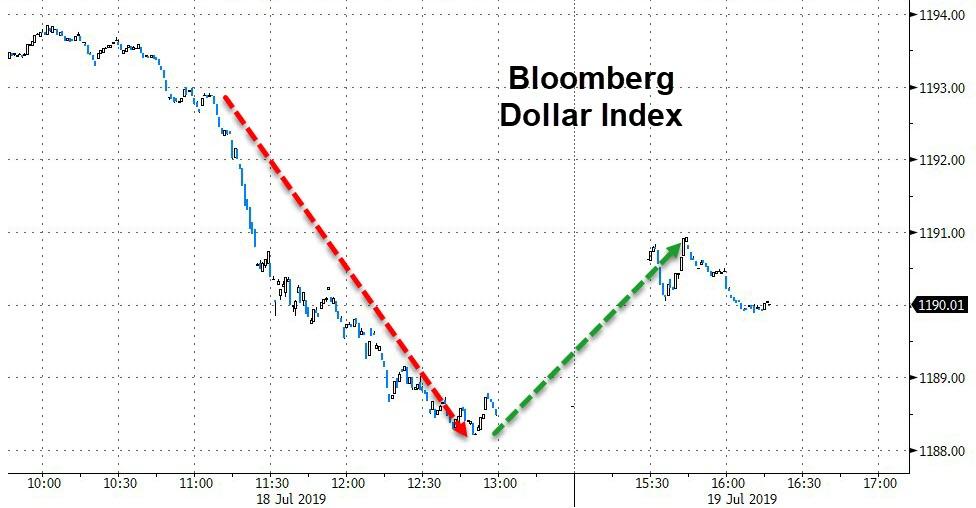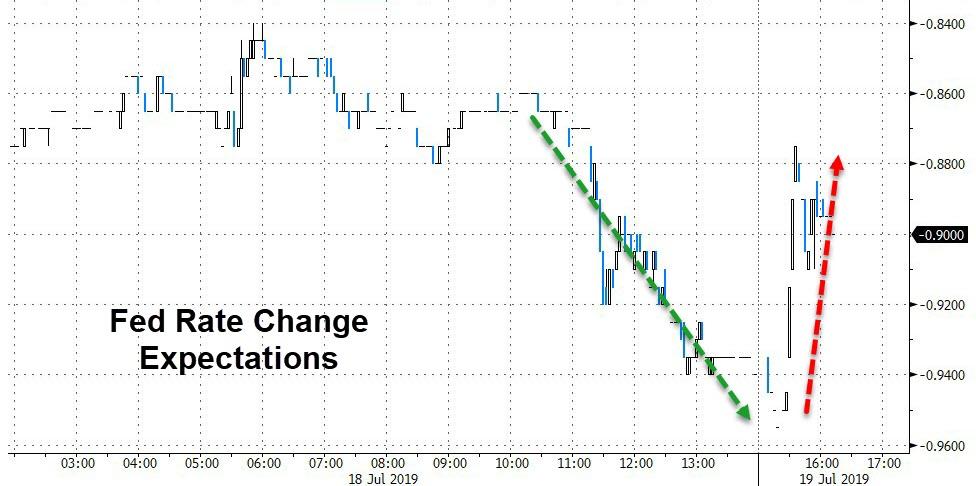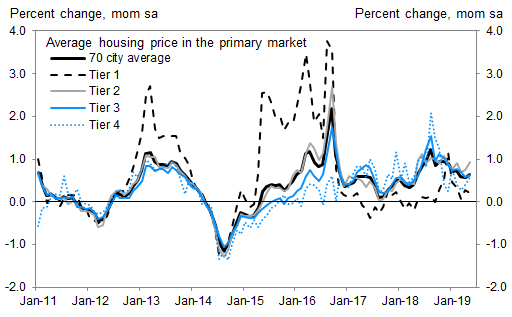Authored by Tim Kirby via The Strategic Culture Foundation,
The Jeffrey Epstein child molestation case made big headlines because of just how close he is to many in power or at least with great pull in Washington and the fact that he had already been busted and possibly used said pull to stay out of jail certainly adds to the drama. Although many people can get photographed with celebrities who don’t really know them or claim to be “friends” with this or that person who’s on TV, most media breakdowns of this case put Epstein as, at the very least, a known associate and maybe even actual friend of Bill Clinton and Donald Trumpand others of their social rank. When someone who has abused large numbers of underage girls at his home also chit chats with the US President, this raises eyebrows and shocks the public.
But sadly the public should no longer be shocked as there is a crisis of child abuse and rape throughout the halls of power in nations across the Western World.
Breaking this cycle may be very difficult but there are certain strategies that could work.
In Britain, Operation Hydrant a police investigation into cases of non-recent child sex abuse has over 2,200 open investigations, but the one thing that unites them is that the suspects, like Mr. Epstein, are all people of “public prominence”. This seemingly large scale operation formed to search for perverts and rapists in the UK elite is sadly not a unique phenomenon.
The Inquiry into Child Sexual Abuse (IICSA) has been able to shed a lot of light onto numerous suspected pedophiles within Parliament and evaluate how the nation’s political parties dealt with (or refused to deal with) accusations of this crime being thrown at their members. Unlike Operation Hydrant these are much more recent cases that even involve some current politicians. This inquiry (“Westminster”) which deals with MPs is just one of 13 different “strands” of investigation in different areas of British society including religious organizations as well as the aforementioned governmental bodies like Parliament.
Just because someone is looking for pedophilia does not mean it is happening for sure, but many under investigation by the IICSA like Green Party member David Challenor (raping a 10 year old) have been convicted and sentenced for their crimes. These investigations are not just a witch hunt or some sort of PR stunt. There would seem to be enough pedophilia within the British halls of power that the police cannot be bribed or dissuaded from exposing it entirely, which means there is quite a mountain of molestation being hidden in London.
In Australia, Senator Bill Heffernan went forward with police documentation to expose a long list of alleged pedophiles in government which extends even up to one of the former Prime Ministers. The same sort of rumors becoming fact that happened in England are now happening across their former colony.
In America numerous Democratic politicians have been involved in abuse and pedophilia including Jacob Schwartz who was convicted in May 2017 of child pornography and Sen. Robert Menendez who is accused of having sex with underage prostitutes in 2012 and if we are to believe certain independent media sources this is just the tip of the iceberg in Washington.
In France, one cabinet minister was accused of having sex with underage boys while in Morocco. But there are many more possible names still yet to be revealed with him.
In Germany the Green Party which openly advocated for legalizing sex with children in the 1980s has not surprisingly come under investigation/scrutiny for rampant pedophilia. The party at one time had an entire “pedo-commision” working day and night to revoke Section 176 of the German Criminal Code that forbids fornicating with minors.
It would be totally unfair to say that the West is under rule by pedophiles. In the massive rows of seats of Parliament and Congress there are hundreds of people with only dozens of accusations and a handful of convictions being made, but proportionally, relative to the population at-large it would seem that today’s law makers and bureaucrats have a radically higher percentage of pedophile tendencies. Taking shots in the dark you are way more likely to hit Chester Molester in a crowd of senators than car mechanics, waiters or any other profession outside the elite.
Perhaps it is easier for the wealthy/powerful to engage in child rape and get away with it or perhaps it is some bizarre form of sexual ennui that drives the powerful to seek new sexual highs from the weakest of victims. But in the 21st century West, absolute power molests absolutely and this is very dangerous for society far beyond the individual lives that are crushed by freaks and perverts with deep pockets and the right connections to cover it up for years or maybe forever.
Strategically speaking this horrible “tendency” gives governments outside the West the perfect visceral piece of propaganda to use for years to come. “We may be poor, our police may be a little harsh, but at least we don’t *** children” is a message that could make any fumbling government of a poor nation seem tolerable. Even within the West this further undermines any faith the masses may have in their own government and this is the perfect kind of info-armament that could be by revolutionaries. Since many people want pedophiles to be castrated or executed you can see how agitators could use this “stereotype” of men in power to their advantage. These are not strong strategic weaknesses but they exist nonetheless and need to be addressed.
If the nations of the West want to set up the necessary invisible barbed wire to filter our pedophiles from crawling into the top levels of government they need to do the following…
-
Only allow people who are married with children to be in government. This is no ironclad guarantee but most pedophiles are single and if they are married their marriage is usually hollow meaning they probably do not have children. Being married with children in at least a semi-functional marriage vastly reduces the chances of the individual being a pedophile.
-
Forbid any members of secret societies and fraternities from being in government. Although you may have a constitutional freedom to be in a secret society any organization which tries to hide itself is most certainly up to no good and people who engage in these secret groups need to stay in the private sector for the sake of the nation. Child sex rings are a form of secret society all their own. No one needs to conduct charity or raise money to fix local park benches from the shadows of a secret network. Fraternities often involve bizarre sexual rituals to gain entrance which means they are filled with the type of people who may be inclined to rape children. David Cameron had sex with a dead pig to get into a fraternity (technically labeled “dining club”) after all.
-
Restrict the privacy of those in governmental power. If one wants freedom they need to stay in the private sector, if they want power and the ability to lead society they are going to have to lead by example and sacrifice any scrap of personal privacy they have as part of their mission to bring glory to the state. When politicians use their privacy it is more often than not for ill. Normal people who are unable to do much harm to society get to have privacy, those who can fund a pedophile ring and bribe their way to freedom when caught or pull strings need to have their privacy revoked in advance.
via ZeroHedge News https://ift.tt/32BnH7m Tyler Durden









